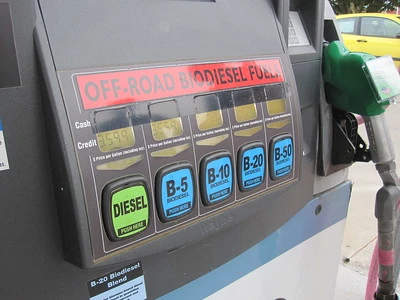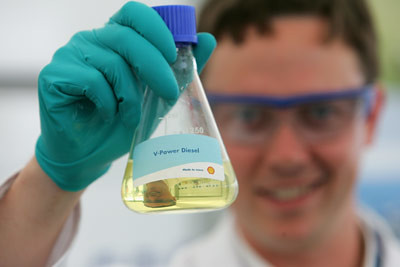Can You Mix Biodiesel With Regular Diesel? (Its Effect on the Engine)
Yes, you can mix biodiesel with regular diesel. Biodiesel and diesel can be blended in any ratio, as biodiesel is essentially compatible with diesel. Common blend ratios include B5 (5% biodiesel, 95% diesel), B20 (20% biodiesel, 80% diesel), and B100 (100% biodiesel). The exact ratio you choose can depend on several factors: It’s important to […]
Can You Mix Biodiesel With Regular Diesel? (Its Effect on the Engine) Read More »










